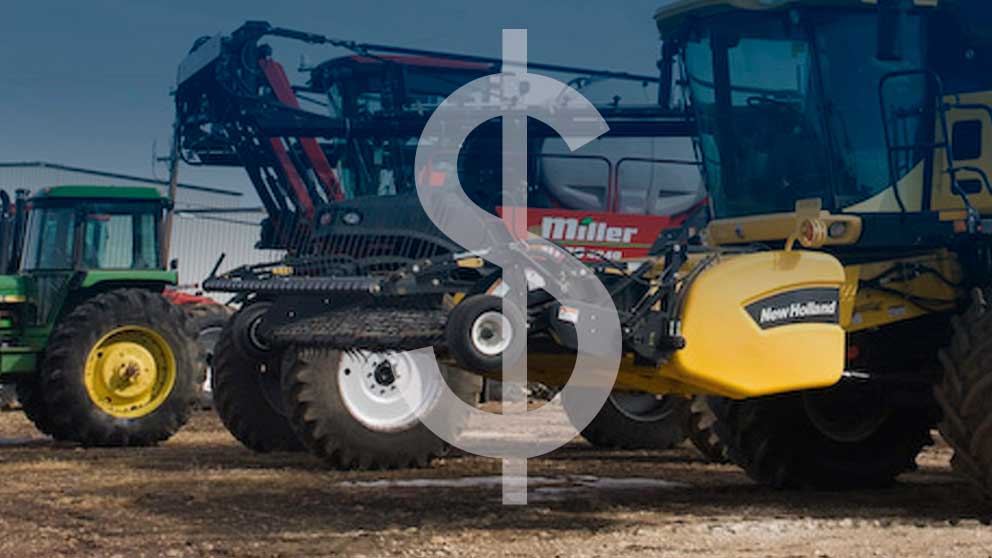Tips for transitioning your farm to staff

What if there are no family members to take over the family farm? Sometimes, a long-time employee is ready to step in, creating the opportunity for a non-traditional transition, whether it be a move to management or ownership.
When it's time to pass the farm on to the next generation, sometimes it's staff who take the reins instead of family.
Different model
Terry Betker, president of the management consulting firm Backswath Management Inc., says transitioning to staff is a different model that will impact a farmer's retirement more than a transition to family.
“They need to consider that there is a huge difference in managing their own farm, or having children manage their farm, compared to having employees manage their farm,” Betker says. “It requires a lot more structure.”
This means having a well-developed plan, a long-term strategy and a complete organizational structure, including roles and responsibilities and standard operating procedures.
“They need all that because that’s how the staff are going to manage their farm business,” Betker says. “The degree of detail in their management processes has to be advanced.”
It’s also important to have a contingency plan in place in case it doesn’t work out. Farmers need to be able to answer the question, “If this doesn’t work, how do we get out of it?”
“I’m excited about some of these opportunities for farms as they have the perfect contingency; they can rent the farm or sell if it doesn’t work out.”
Considerations to keep in mind
Some considerations remain the same, however, whether the transition is to family or staff. Heather Watson, executive director of Farm Management Canada, says either way, farmers must consider the following:
What do they want their retirement to look like?
What does retirement mean to them and their relationship to the farm going forward?
What are their financial needs in order to retire from the farm comfortably?
Farmers should also consider what needs to happen to prepare the farm for a successful transition.
“The farm must be in a viable position to transfer, the succeeding generation must be clear in their expectations moving forward and the successor must have the knowledge, skills and capacity to take over the farm,” Watson says.
Help available
There are many tools available to assist with transition planning. Canadian Agricultural Human Resource Council has a video on the steps required to prepare someone to take over a business. Watson also suggests the following:
Elaine Froese’s Get Unstuck online farm transition course
Nova Scotia’s Interactive Planning Tool
Manitoba Farm Transition Planning Guide
A farm transition advisor is helpful to facilitate important discussions, decision-making and keep the momentum going. Farmers should also enlist their accountant to help with tax structures, reporting and compliance issues on how everything will work so it doesn’t peril the retiring farmer. As well, a lawyer will be needed to help with the agreement.
Bottom line
Farm transition to an employee is something to consider when there's no family to step in. Experts say it's a different planning model than when the farm stays in the family and should include a well-developed plan, long-term strategy and complete organizational structure.
Article by: Trudy Kelly Forsythe

Developing the business is a goal for many farm families working through transition. Truly accounting for machinery costs, however, isn’t always considered.
